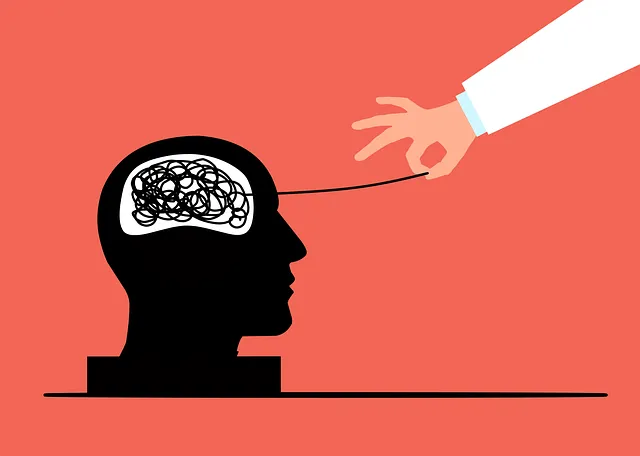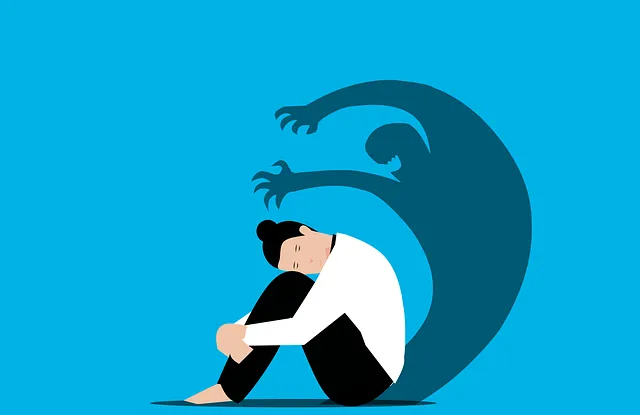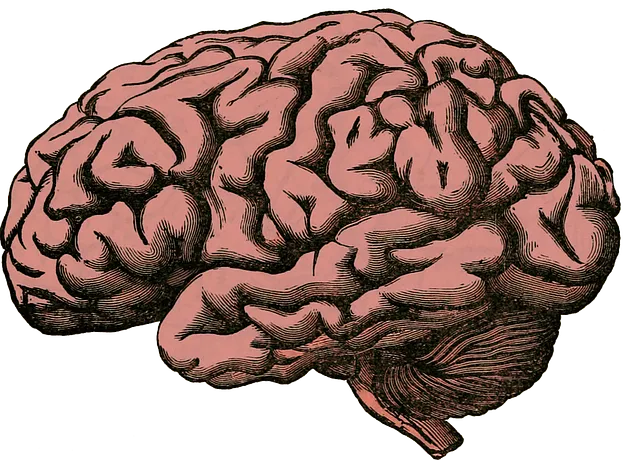Mental wellness self-assessment tools, like those developed by Littleton Kaiser Permanente behavioral health services, are game-changers in today's stressful world. Combining evidence-based practices with cultural sensitivity and technology, these assessments go beyond diagnoses to empower individuals with skills like mindfulness and empathy building. By focusing on emotional regulation, reducing mental illness stigma, and fostering self-reflection, these tools enhance self-esteem and overall well-being. Developed through multidisciplinary efforts and rigorous testing, they revolutionize mental healthcare, enabling people to actively manage their psychological well-being.
Mental wellness self-assessment tools play a pivotal role in individual and community well-being. As recognized by Littleton Kaiser Permanente Behavioral Health Services, a leading provider in mental health care, effective self-assessments are crucial for early intervention and management of mental health issues. This article explores the development of such tools, highlighting key components, evidence-based practices, and continuous improvement strategies employed by Littleton Kaiser Permanente to ensure their effectiveness. By leveraging the latest research, these assessments empower individuals to take charge of their mental wellness.
- Understanding Mental Wellness Self-Assessment: A Need for Effective Tools
- The Role of Littleton Kaiser Permanente Behavioral Health Services in Developing Assessment Tools
- Key Components of a Comprehensive Mental Wellness Self-Assessment
- Incorporating Evidence-Based Practices and Latest Research in Tool Design
- Implementation, Testing, and Continuous Improvement of Self-Assessment Tools
Understanding Mental Wellness Self-Assessment: A Need for Effective Tools

Mental wellness self-assessment tools play a pivotal role in empowering individuals to take charge of their psychological well-being. In today’s fast-paced world, where stress and mental health challenges are prevalent, these tools offer a much-needed lifeline. Organizations like Littleton Kaiser Permanente behavioral health services recognize this need, striving to develop effective assessment methods that go beyond traditional diagnoses.
The goal is to create resources that encourage self-reflection and foster skills such as empathy building strategies and mindfulness meditation. By integrating cultural sensitivity in mental healthcare practice, these assessments can be tailored to meet the diverse needs of a varied patient population. Effective self-assessment tools have the potential to revolutionize mental health management, ensuring individuals are equipped with the right coping mechanisms and support systems to navigate their emotional journeys.
The Role of Littleton Kaiser Permanente Behavioral Health Services in Developing Assessment Tools

Litton Kaiser Permanente Behavioral Health Services plays a pivotal role in the development of innovative mental wellness self-assessment tools. With its rich expertise in mental health policy analysis and advocacy, the organization has been at the forefront of understanding the evolving needs of individuals seeking emotional well-being promotion techniques. By combining evidence-based practices with the latest technological advancements, Littleton Kaiser Permanente Behavioral Health Services is dedicated to creating accessible and effective assessment solutions that cater to a diverse range of users.
Their comprehensive approach involves rigorous research, stakeholder engagement, and community feedback to ensure these tools are not only scientifically sound but also culturally sensitive and user-friendly. This commitment has resulted in the development of assessment platforms that offer personalized recommendations for stress management, thereby empowering individuals to take charge of their mental wellness journey.
Key Components of a Comprehensive Mental Wellness Self-Assessment

A comprehensive mental wellness self-assessment tool must incorporate several key components to provide an accurate and holistic evaluation. Firstly, it should assess emotional regulation skills, enabling individuals to identify their triggers and manage their responses effectively. This aspect is crucial for understanding how well one can cope with daily stressors and maintain a balanced mindset. Tools designed by Littleton Kaiser Permanente behavioral health services focus on this, offering strategies to enhance emotional resilience.
Additionally, mental wellness assessments should address the pervasive issue of mental illness stigma reduction efforts. By fostering self-reflection on personal beliefs and attitudes towards mental health, these tools can help dispel myths and promote empathy. Encouraging open dialogue about mental illness and its various forms contributes to creating a supportive environment where individuals feel comfortable seeking help without fear of judgment. This, in turn, facilitates self-esteem improvement, allowing for a more positive self-image and enhanced overall well-being.
Incorporating Evidence-Based Practices and Latest Research in Tool Design

Incorporating evidence-based practices and staying abreast of the latest research is paramount when developing self-assessment tools for mental wellness. At Littleton Kaiser Permanente behavioral health services, experts emphasize integrating strategies proven effective in enhancing emotional well-being and promoting resilience. This approach ensures that the tools not only accurately assess mental health but also offer practical insights for personal growth and improved coping mechanisms.
For instance, incorporating techniques from cognitive-behavioral therapy (CBT) allows individuals to identify negative thought patterns and replace them with more positive and realistic ones. Additionally, integrating self-care routine development principles enables users to create personalized practices that support their mental health journey. Effective communication strategies are also vital; tools can facilitate open dialogue by providing a safe space for individuals to express their feelings and concerns, fostering a sense of community and mutual understanding.
Implementation, Testing, and Continuous Improvement of Self-Assessment Tools

The development of mental wellness self-assessment tools is a collaborative process involving experts from various fields, such as psychologists, psychiatrists, and user experience designers. Once created, these tools require careful implementation within healthcare settings like Littleton Kaiser Permanente behavioral health services to ensure they reach their intended audience effectively. A structured testing phase is crucial to gather valuable feedback from potential users, enabling adjustments to enhance accuracy and usability.
Continuous improvement is a key aspect of successful self-assessment tool development. Regular reviews, data analytics, and user feedback loops facilitate the refinement of these tools over time. By integrating Mental Health Awareness into their design and distribution strategies, Public Awareness Campaigns Development can increase accessibility and encourage individuals to prioritize their mental well-being. Moreover, promoting Self-Care Practices through such initiatives empowers people to take an active role in monitoring and improving their mental health.
Mental wellness self-assessment tools are essential for early detection and management of mental health issues. The collaboration between individuals and organizations, such as Littleton Kaiser Permanente Behavioral Health Services, is pivotal in developing effective tools that incorporate evidence-based practices and the latest research. By focusing on key components like accessibility, validity, and reliability, these tools can empower individuals to take charge of their mental wellness. Continuous improvement through implementation and testing ensures that these resources remain dynamic and aligned with evolving needs, fostering a healthier society.






